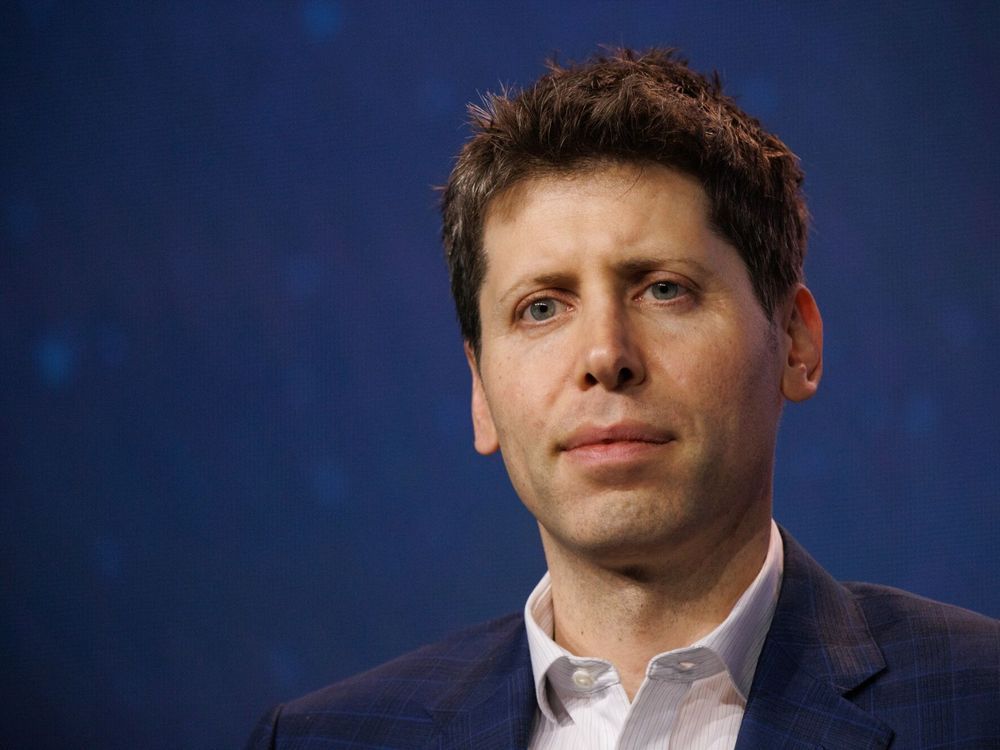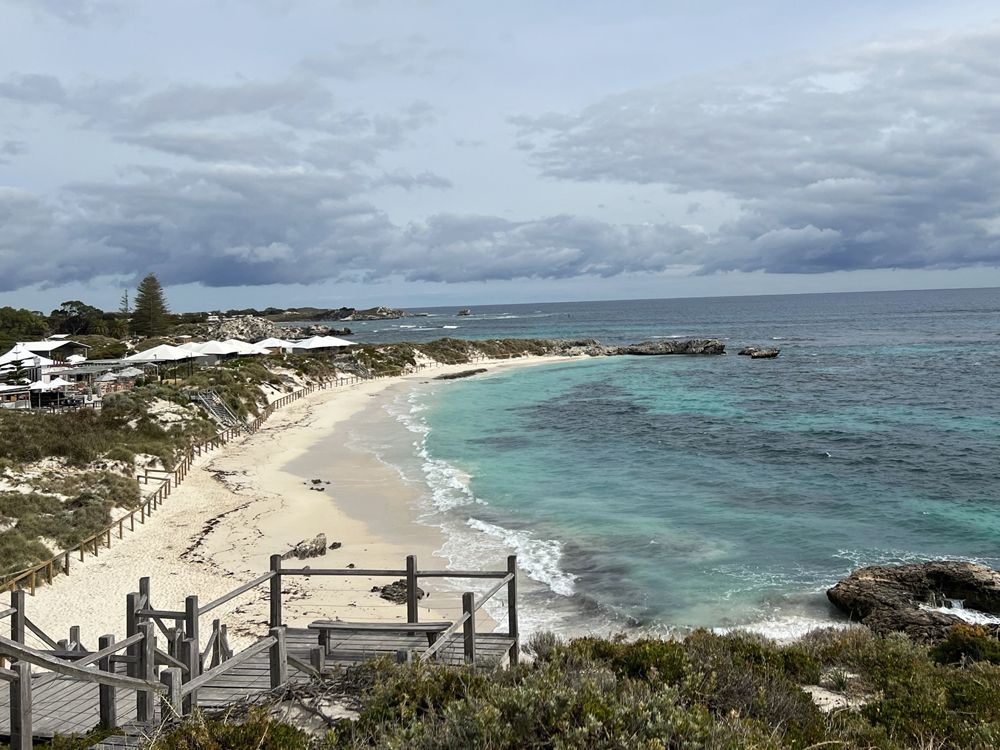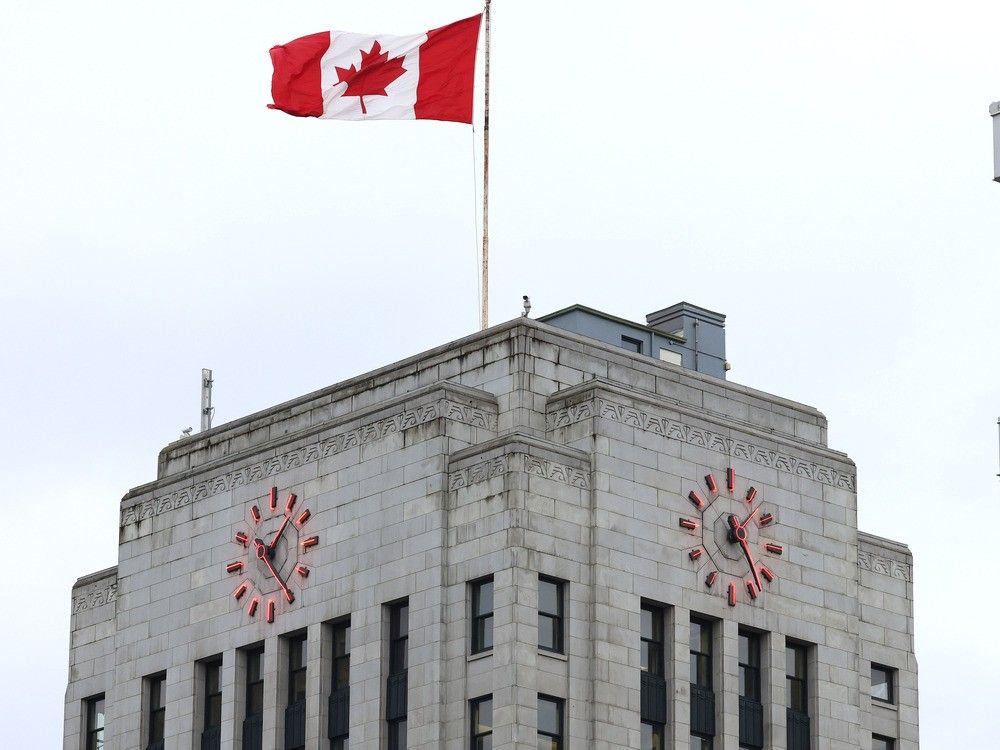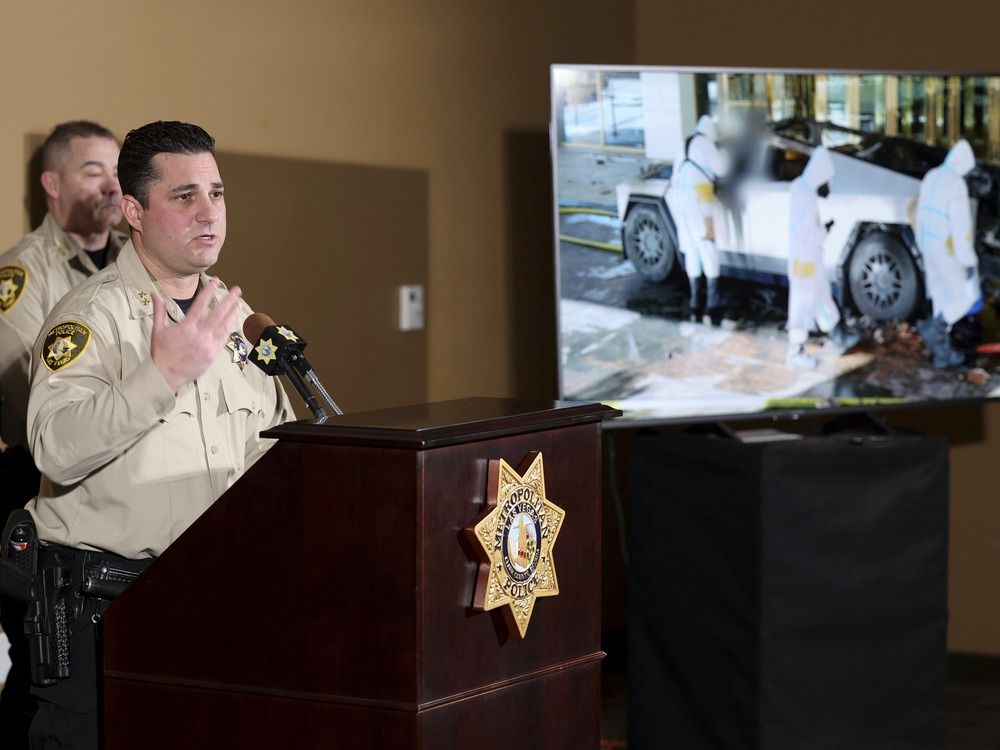Louisa Taylor is a former Ottawa Citizen journalist who co-founded a grassroots initiative called Refugee 613 a decade ago and still serves as its director
Get the latest from Lynn Saxberg straight to your inbox
Published Jan 06, 2025 • Last updated 1 hour ago • 6 minute read

Almost a decade ago, Louisa Taylor was among the group of Ottawa residents who came together to help out with a wave of refugees from Syria expected to land in the nation’s capital that year.
At the time, everyone wanted to do whatever they could, a rush of compassion that was triggered when a disturbing image went viral. The photograph was a shocker — it showed the body of a toddler washed up on a beach in Turkey.
Advertisement 2
THIS CONTENT IS RESERVED FOR SUBSCRIBERS ONLY
Subscribe now to read the latest news in your city and across Canada.
- Exclusive articles from Elizabeth Payne, David Pugliese, Andrew Duffy, Bruce Deachman and others. Plus, food reviews and event listings in the weekly newsletter, Ottawa, Out of Office.
- Unlimited online access to Ottawa Citizen and 15 news sites with one account.
- Ottawa Citizen ePaper, an electronic replica of the print edition to view on any device, share and comment on.
- Daily puzzles, including the New York Times Crossword.
- Support local journalism.
SUBSCRIBE TO UNLOCK MORE ARTICLES
Subscribe now to read the latest news in your city and across Canada.
- Exclusive articles from Elizabeth Payne, David Pugliese, Andrew Duffy, Bruce Deachman and others. Plus, food reviews and event listings in the weekly newsletter, Ottawa, Out of Office.
- Unlimited online access to Ottawa Citizen and 15 news sites with one account.
- Ottawa Citizen ePaper, an electronic replica of the print edition to view on any device, share and comment on.
- Daily puzzles, including the New York Times Crossword.
- Support local journalism.
REGISTER / SIGN IN TO UNLOCK MORE ARTICLES
Create an account or sign in to continue with your reading experience.
- Access articles from across Canada with one account.
- Share your thoughts and join the conversation in the comments.
- Enjoy additional articles per month.
- Get email updates from your favourite authors.
THIS ARTICLE IS FREE TO READ REGISTER TO UNLOCK.
Create an account or sign in to continue with your reading experience.
- Access articles from across Canada with one account
- Share your thoughts and join the conversation in the comments
- Enjoy additional articles per month
- Get email updates from your favourite authors
Sign In or Create an Account
or
Article content
The child was identified as Alan Kurdi, a two-year-old Syrian boy who was part of a family trying to get to safety with relatives in Vancouver. The boy’s mother and five-year-old brother also perished in the attempt.
“Because of that photo, suddenly all kinds of people who had never cared or been interested in refugees cared,” said Taylor, the former Ottawa Citizen journalist who became a communications consultant after leaving the newspaper in 2013.
“My first thought was, ‘We’ve got so much interest, how do we make sure it lasts longer than just this moment? How do we make it go deeper and apply to more than just the Syrian refugees?’ ”
After a flurry of consultations, the “temporary” solution was to form an agency to connect all the resettlement organizations that were popping up in Ottawa to support the expected refugees. They called it Refugee 613, and coined a slogan to describe their mandate: “To inform, connect and inspire.”
Taylor went from organizing the meetings to becoming the director, initially on a volunteer basis.
Ten years later, she’s still in charge and has become one of the country’s best-known advocates for refugees, earning an Order of Ottawa award in 2024.
By signing up you consent to receive the above newsletter from Postmedia Network Inc.
Article content
Advertisement 3
Article content

Refugee 613 has not only raised millions of dollars through grants and private donors to support refugee resettlement initiatives in Ottawa but it has also built a central hub of accurate information for newcomers to any region of Canada that’s available in more than a dozen languages.
What’s more, Taylor is now preparing to guide the organization through a major expansion in 2025.
The new chapter of Refugee 613 will see it emerge from the fiscal umbrella of the Ottawa Community Immigrant Services Organization to become its own non-profit organization with a separate budget and board of directors, new office space and a surge in employees, from 14 to almost two dozen.
The growth is prompted by several new grants from both private and federal sources. Significantly, Refugee 613 is managing a new community-wide investment of $9 million over the next ten years from an anonymous donor via the Ottawa Community Foundation. Those funds will enable local agencies to identify and address gaps in services for refugee claimants.
Taylor has also joined the board of directors for the Canada Council for Refugees, in part because of her desire to get on top of the shift in public perception towards refugees.
Advertisement 4
Article content
Growing up in Ottawa, Taylor remembers the urge to help newcomers swept the city when former mayor Marion Dewar launched Project 4000 in 1979 to help resettle Vietnamese refugees displaced after the fall of Saigon. Ottawa residents rushed in to help as they did with the Syrian refugees in 2015.
But now, after the COVID-19 pandemic and the resulting economic uncertainty, including a housing crisis and rising costs of daily life, tensions are starting to flare, as we saw this fall.
When the city came up with the idea to house newcomers in a temporary tent-like structure, residents near the proposed locations erupted in protest, both online and in person during a public consultation meeting held by Knoxdale-Merivale Coun. Sean Devine.

Protesters decried the location near the Nepean Sportsplex as too far from services and worried about crime spiking in their neighbourhoods.
Taylor was on hand to cool the heat with her calm, collected demeanour and an arsenal of facts to counter the misinformation.
“People are probably tired of me saying this because I’ve said it at just about every public occasion in the past couple of months, but being a refugee claimant is not a statement on your legal history or the content of your character,” she said. “It simply says you have asked for refugee protection here in Canada.”
Advertisement 5
Article content
She believes the city’s plan for a newcomer reception centre, even if it’s situated in a temporary Sprung structure, is an innovative solution.
“We’re leaders in Canada on this,” Taylor said. “The landing-pad idea is not unique to Ottawa; it’s being considered by municipalities across the country. What is different is (Ottawa) is moving faster and they are bringing the subject experts on board to help them design what services are delivered on-site. They’re talking to the right people.”
With hundreds of refugees currently sleeping on cots in hockey arenas or bunk beds in community centres, creating a reception centre with welcome services is an “exciting” alternative, she said, noting the Ottawa Police Service has not had major issues with crime in the neighbourhoods surrounding the makeshift refugee centres.
She says refugee claimants “have more incentive than just about anybody to be law-abiding because if they have a negative interaction with police, it may jeopardize their claim. They are keeping their noses clean.”
These days, people from Afghanistan, Turkey, Colombia and several East African countries are among the refugee cohorts seeking a new life in Ottawa. Many of the East African claimants represent the LGTBQ+ community and fear reprisal because it’s illegal to be gay in 30 of 54 African nations.
Advertisement 6
Article content
Ukrainians have also been arriving since Russia invaded their country, although they’re not technically considered refugee claimants. Instead, they receive visitor visas and work permits.
Taylor believes it’s part of her job to stand up to people who scapegoat or demonize newcomers. Some politicians in this country suggest immigrants are responsible for the housing crisis, while their counterparts in the United States are talking tougher, referring to mass deportations and closing the borders. Note the language difference: Canadians tend to use the term refugee claimants, while Americans prefer migrants or asylum seekers.
“This housing crisis has been building for decades, and a lot of politicians have drawn this false linkage between immigration and housing, adding to that sense if we just close the borders, we’d all be able to afford housing,” Taylor said. “They think life would go back to being comfortable, and we know that’s not true on a factual level.”
Surprisingly, some of the most vocal opponents of the Sprung structure are immigrants who have been in the country for a decade or two. Taylor suspects they’re subjected to misinformation, too, and may feel their status is “precarious,” she added.
Advertisement 7
Article content
“I get it,” she said. “My grocery bill is off the charts. I worry about the economy. I worry about our politics. But I believe that Ottawa is fundamentally a welcoming community and Canadians are a compassionate society.
“What’s the expression? You don’t build a wall, you build a longer table. I love that expression because I feel like part of my job is to reassure people that we can do this. We’ve proven we can. In times of struggle, we don’t just shut the door.”
Our website is your destination for up-to-the-minute news, so make sure to bookmark our homepage and sign up for our newsletters so we can keep you informed.
Recommended from Editorial
-

'Moment of truth': OC Transpo's Trillium Line opens to the public
-

Coal the Parliament Hill cat has cancer. His human is fighting for the legend's life
Article content
.png)
 1 day ago
3
1 day ago
3




































 Bengali (BD) ·
Bengali (BD) ·  English (US) ·
English (US) ·